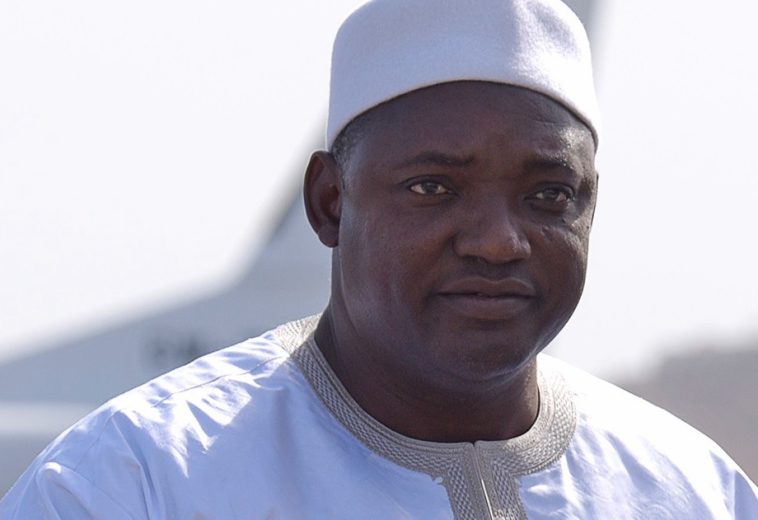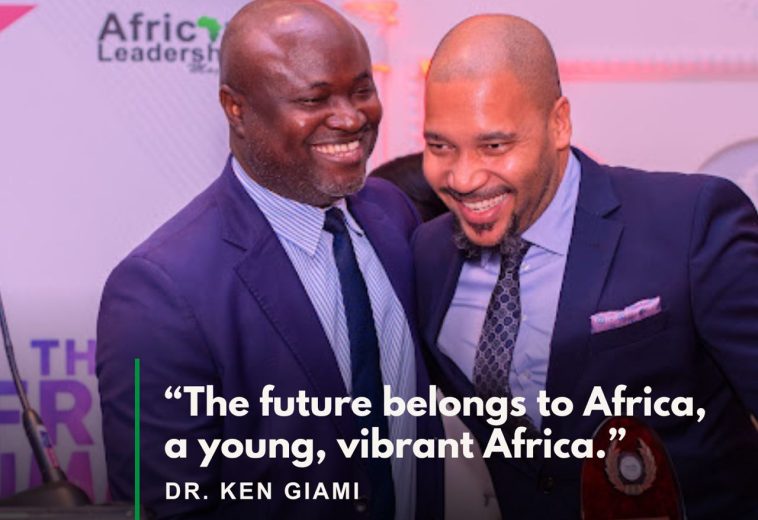According to Abraham Lincoln, democracy is the “government of the people, by the people, for the people,” and the idea that the populace elects a government through frequent, free, and fair elections is at the core of it. In the history of civilization, democracy has been crucial in assisting the transition from hegemonic monarchies, empires, and conquests to popular rule, self-determination, and peaceful coexistence.
Since the end of the colonial era, the fall of communism, and several civil conflicts, more African nations have embraced democratic forms of government. One of the most vital institutions in a democracy is the military, which acts as a body of defence in any state should the need arise to safeguard a nation and its people. This article explores the roles that the military performs in upholding democracy in various African countries, which include the defence of national security, peacekeeping, law enforcement, and maintaining public order.
The military as an institution
The military is a recognised state organisation in charge of managing the armed forces. This institution is the only body with the legal right to use fatal or deadly force and weaponry to protect the interests of the state and its inhabitants in times of crisis. It normally consists of an Army, Navy, and Air Force, as well as Marines and the Coast Guard in some nations. Therefore, a weak military might cripple a nation in times of crisis.
After several years of military coups in Africa, which have threatened the state of democracy in most African countries, African states in their periods of democracy have learned to trust the military to play a crucial role in promoting democracy. Although there are instances of coups even in democratic societies, the states trust the military as their defence mechanism in times of crisis, and the military’s role in upholding its responsibility when called on has made it a reliable institution in various states.
The Role of the Military in Democracy
Defence of national security
The military safeguards national security as they serve the nation by defending their own country and participating in the collective defence of alliances. In a democracy, the military’s duties include protecting the territorial integrity of the country, defending the people, and upholding the constitution.
In addition, they are expected to take preventive actions, deal with domestic security issues, counter international threats, and safeguard the advancement of a more democratic administration. Hence, although battle-ready, they must be imbued with patriotism and awareness of their constitutional mandate and vocation—a military anchored on excellence, merit, and patriotism.
The Nigerian military has been very instrumental in fighting Boko Haram to restore stability in this region. In addition, to stop attacks and maintain security, the Kenyan military has engaged in counterterrorism measures against organisations like Al-Shabaab. These operations have been carried out in border regions.
Peace Keeping
The main objectives of peacekeeping are to stop the rise of conflict, safeguard civilians, and foster political reconciliation and sustainable development. Peacekeeping operations are essential to protect civilians and minimise the most terrible effects of conflicts.
To address crises, foster stability, and ease the transition to democracy in Africa, peacekeeping missions are necessary. African peacekeepers frequently assist foreign allies in resolving local conflicts and advancing international stability. Different missions are given to peacekeeping forces based on the scope, size, and organisation in charge of the operation, including upholding the rule of law and humanitarian aid and rescue missions.
African military soldiers are members of the United Nations Mission in South Sudan (UNMISS), helping to promote peace, stabilise the nation, and protect people. Also, African military forces are a part of MINUSCA, an organisation that works to safeguard citizens, aid in national political processes, and restore peace to the Central African Republic.
Law enforcement and maintaining public order
In an atmosphere of unrest in the community, emergencies, natural disasters, or when law enforcement forces need more assistance, the military is relied upon to support and help civilian law enforcement organizations. This may entail supplying more staff, equipment, and knowledge to support the upkeep of law and order.
In such cases, the military must obey civil authorities’ orders and uphold the line of command. The military may be charged with crowd control during rallies, demonstrations, or huge gatherings that could degenerate into violence to avoid chaos and safeguard both participants and spectators.
During the COVID-19 pandemic, African soldiers assisted with enforcing lockdowns and supporting public health initiatives. They contributed to enforcing adherence to rules and educating the public about safety precautions. The Liberian military assisted in enforcing quarantines provided medical support, and transported relief to afflicted areas as part of their response to the Ebola outbreak.
Upholding the Rule of Law
The law applies to all people equally; hence, the military, although a nation’s security force must remain committed to upholding the rule of law for peace and democracy to prevail, The military’s submission to civil authority is one of the guiding principles of maintaining the rule of law. This ensures that democratic administration is upheld by making military decisions and actions subject to oversight and control by civilian authority.
Domestic and international laws must be followed by the military when conducting its operations. This entails adhering to procedures in times of conflict, upholding human rights, and refraining from acting in a manner that transgresses accepted legal norms.
Even amid hostilities, the military must uphold and defend the rights of civilians and non-combatants. This pledge exemplifies the military’s devotion to obeying the law despite adverse conditions. Furthermore, preventing military coups and insurrections that can undermine democratic administration is essential to sustaining the rule of law. The military’s dedication to constitutional order is essential to avoiding such incidents.
When President Yahya Jammeh refused to accept election results, the military troops of the ECOWAS (Economic Community of West African States) contributed to ensuring a peaceful transfer of power in The Gambia during its political crisis from 2016 to 2017. Also in 2017, the Zimbabwean military contributed to the smooth transfer of power from their leader, Robert Mugabe, to his replacement, Emmerson Mnangagwa. The military’s actions played a significant role in averting a bloody power struggle.
Humanitarian Aid and Rescue Missions
|
|
|
|
|
|
The military aids with search and rescue efforts, assistance distribution, and medical support in times of crises or emergencies. They contribute to maintaining order by ensuring that resources are allocated appropriately and that people who require emergency services obtain them. The African military assisted in search and rescue efforts, medical help, and the provision of necessary supplies to affected communities after Cyclone Idai’s devastating effects in Mozambique, Malawi, and Zimbabwe.
During Ethiopia’s Tigray Conflict as well, aid distribution and medical care facilitation were among the services the Ethiopian military and humanitarian organisations offered to people impacted by the violence in the Tigray region.
In any democratic state, the military remains an integral part of the state because of its crucial role in safeguarding and ensuring national security as it upholds democratic values while addressing national security issues.
Despite some military officers diverting from their duties by not upholding the rule of law, many African nations have become testaments to the commitment of the military to safeguard a nation’s security for the protection of its citizens and the development of the nations and Africa as a whole.


